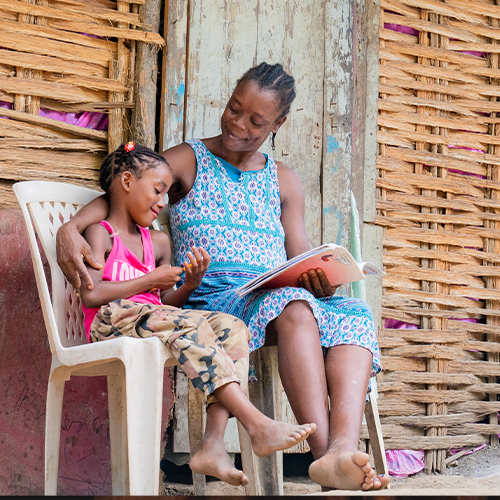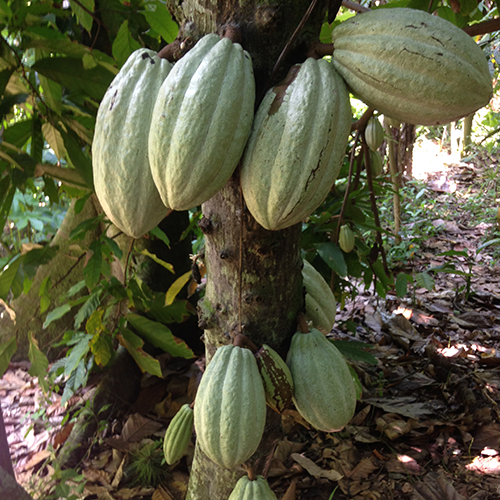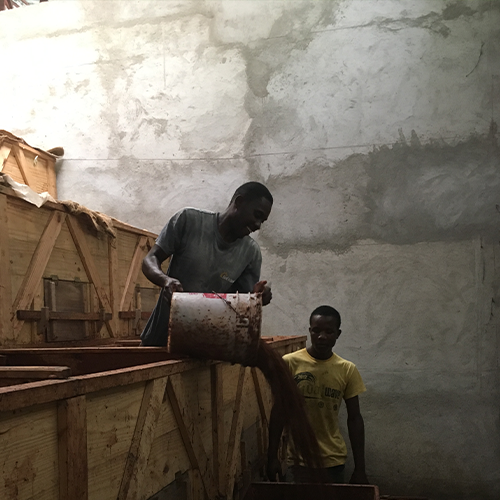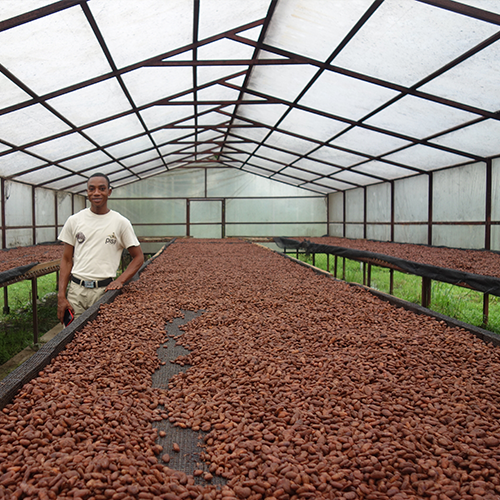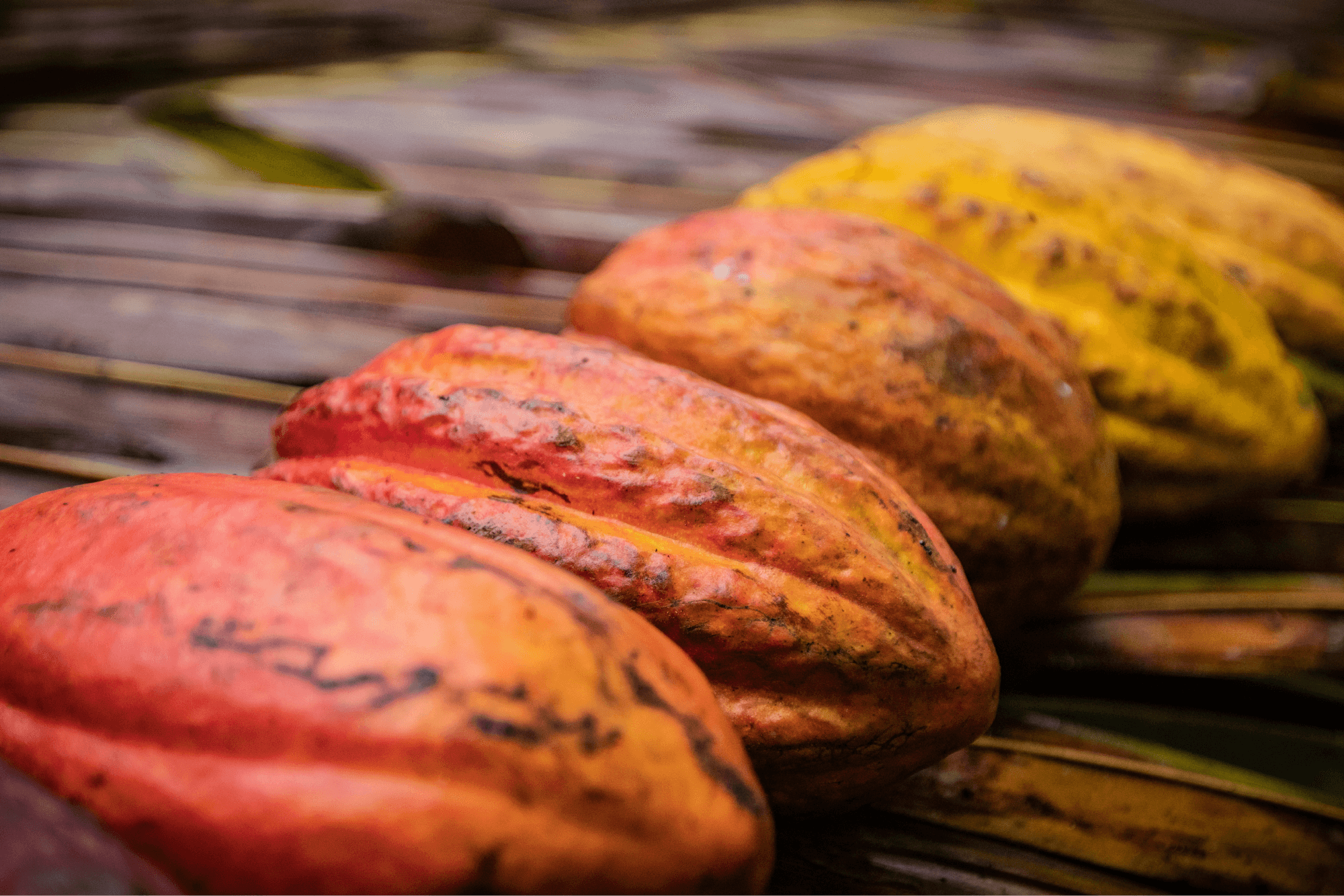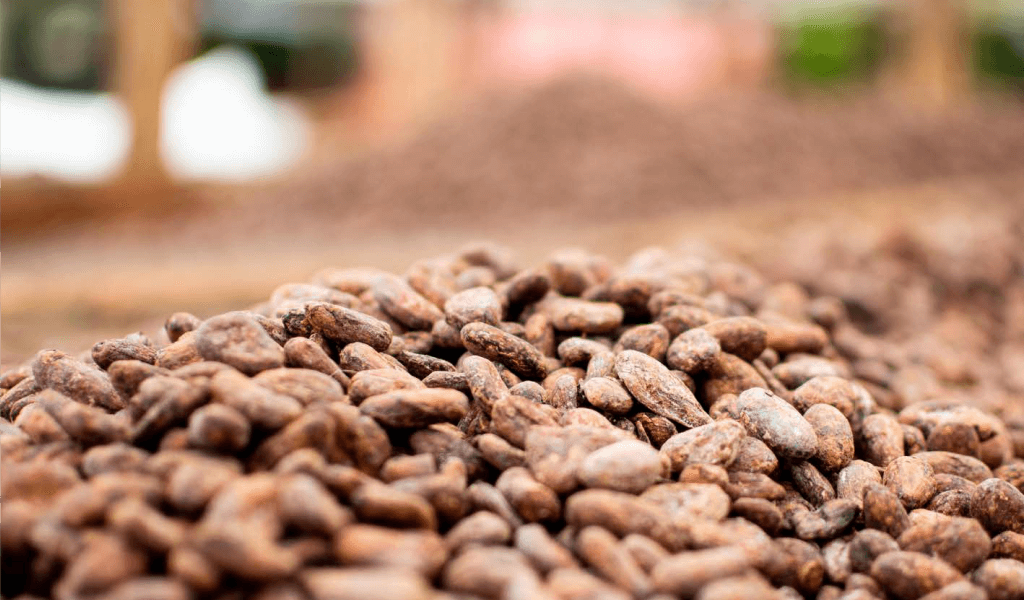Haiti
PISA
A central fermentation led by women and producing naturally sweet, fruity & floral cacao that is revolutionizing the industry in Haiti.
2024 Data - Product
Quality: Ultra Premium
Flavor: Chocolate Mousse, Rose, Strawberry
Fermentations Style: Box
Drying Style: Tarps on the ground, patios, raised beds with a roof
Quality Practices: Temperature monitoring during fermentation, cut tests during fermentation
Hand Sorting: Yes
Certifications: Organic and Fair for Life
Number of awards in 2023: 4
2024 Data - Planet
Crops that are used for intercropping: Banana, Plantain, Palm, Citrus, Timber
Environmental practices: The organic certification implies environmentally friendly practices.
Organic hectares cultivated: 1,066
Average percent of shade of cacao farms: 80%
Percentage of energy from solar: 95%
Distance of producer to facility (km): 2-60
Distance to port (km): 17
Ocean freight CO2kgs per MT (US): 35
Ocean Freight CO2kgs per MT (EU): 113
2024 Data - People
Community-focused initiatives: Vanilla Introduction
Trainings conducted: Organic and FFL standards
Producers purchased from: 1,073
Female producers: 376
Total # of producers trained: 697
Total # of female producers trained: 311
Full time employees: 10
Full time female employees: 3
Part time employees: 60
Part time female employees: 25
Average farm size (ha): 1.01
Average sales per producer (dry kg): 104
Average annual cacao revenue per producer: $698.03
Bringing an accessible and bold flavor to the cacao world isn’t the only thing Produits Des Iles SA (PISA) is doing.
Through private sector innovation, PISA partnered with farmers to give them what they really needed: pricing transparency, a consistent market, and an elimination of risk. Today, PISA still provides smallholder farmers access to the specialty cacao market by purchasing wet cacao, centrally fermenting it, and selling it at a higher price for its higher quality. PISA is poised to bring affordable organic beans to the craft chocolate market with an approachable flavor profile of classic chocolate, blueberries, caramel, and vanilla. We partner with PISA to support systems change and reduce structural inequities in Haiti, while acknowledging that the end goal for economic justice has yet to be met and will require long- term partnership across the chocolate value chain.
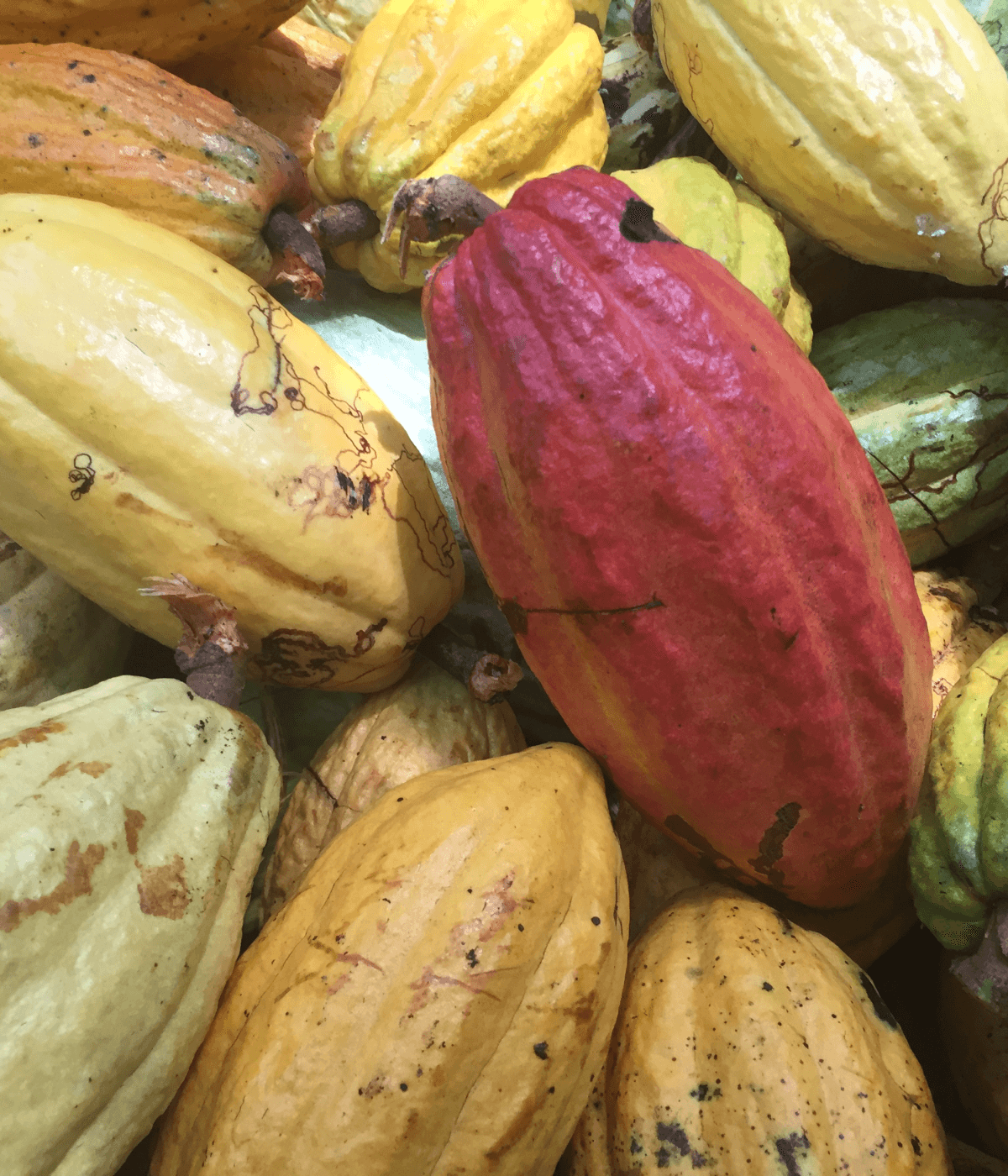
TERROIR
Haiti has a perfect climate and terrain for the production of cacao, and shares the island of Hispaniola with the Dominican Republic, which is well known for extensive organic cacao cultivation. The island has faced significant deforestation in recent decades, and the Haitian practice of growing cacao in biodiverse “Creole gardens” offers a critical opportunity to support reforestation and preservation. Cacao in Haiti is often intercropped with coconut, plantain, mango, palms, root crops, and a wide variety of other plants. Producers in PISA’s network cultivate an average of 1.1 hectares of cacao, which may be spread across multiple smaller plots in different locations.
Bringing an accessible and bold flavor to the cacao world isn’t the only thing Produits Des Iles SA (PISA) is doing.
Through private sector innovation, PISA partnered with farmers to give them what they really needed: pricing transparency, a consistent market, and an elimination of risk. Today, PISA still provides smallholder farmers access to the specialty cacao market by purchasing wet cacao, centrally fermenting it, and selling it at a higher price for its higher quality. PISA is poised to bring affordable organic beans to the craft chocolate market with an approachable flavor profile of classic chocolate, blueberries, caramel, and vanilla. We partner with PISA to support systems change and reduce structural inequities in Haiti, while acknowledging that the end goal for economic justice has yet to be met and will require long- term partnership across the chocolate value chain.

TERROIR
Haiti has a perfect climate and terrain for the production of cacao, and shares the island of Hispaniola with the Dominican Republic, which is well known for extensive organic cacao cultivation. The island has faced significant deforestation in recent decades, and the Haitian practice of growing cacao in biodiverse “Creole gardens” offers a critical opportunity to support reforestation and preservation. Cacao in Haiti is often intercropped with coconut, plantain, mango, palms, root crops, and a wide variety of other plants. Producers in PISA’s network cultivate an average of 1.1 hectares of cacao, which may be spread across multiple smaller plots in different locations.
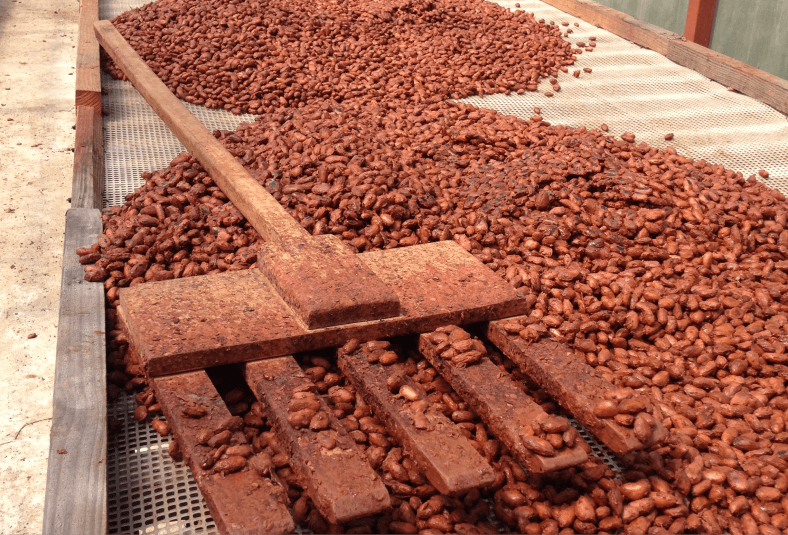
Notable Awards
2022 Academy of Chocolate Gold

